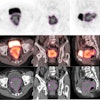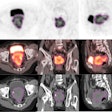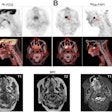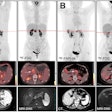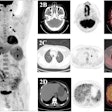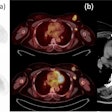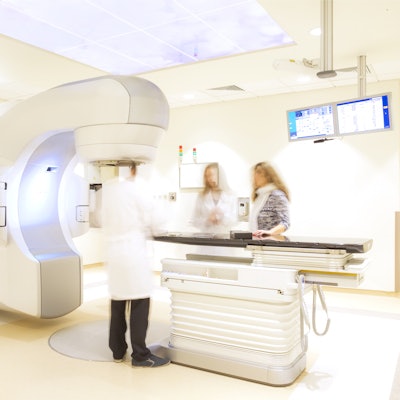
The U.S. Centers for Medicare and Medicaid Services (CMS) today released its long-awaited Radiation Oncology Model (RO Model), an alternative method for the agency to pay for radiation therapy procedures in the Medicare and Medicaid systems.
Radiation oncology advocates have long been working with CMS to find an alternative method for reimbursing radiation oncology providers. The existing model of paying per treatment delivered can force patients to travel back to treatment centers multiple times for radiation therapy.
Instead, CMS has advocated a payment model that would bundle payments over a single episode of care. The agency has been working with radiation oncology groups and providers to develop the alternative payment model.
In a September 18 announcement, CMS released details of the plan. The RO Model bundles payments to radiotherapy providers into a 90-day episode of care and covers 16 different cancer types. The payment amounts are determined based on national base payment rates, payment trends, and adjustments for the case mix of the provider, in addition to its historical experience and geographic location.
CMS also said that the RO Model will require the participation of radiation therapy providers in randomly selected geographic areas that have about 30% of all eligible Medicare fee-for-service radiotherapy episodes across the U.S. CMS believes the model will save Medicare $230 million over five years.
Additionally, CMS indicated that the coinsurance payments paid by Medicare beneficiaries for radiation oncology treatments may change. Previously, beneficiaries would be responsible for 20% of the bundled costs, the standard across the Medicare system. But under the RO Model, CMS will apply a discount to each component of the bundled payment, meaning that on average, beneficiary savings could be higher under the new model compared with the fee-for-service model.
Reaction to the RO Model has been mixed among the radiation oncology community. The American Society for Radiation Oncology (ASTRO) stated that while it appreciated the move to value-based care, it believes the implementation date of January 1, 2021, is too soon for most radiation oncology practices, in particular during the COVID-19 pandemic.
"The transition to value-based payment will require significant practice changes and investments to comply with the model's requirements," ASTRO said in a statement. "ASTRO strongly urges CMS to significantly delay the start date rather than foster unnecessary chaos and burden for the practices this model is designed to support."
ASTRO also objects to the 30% level of participation in the RO Model. While an improvement on the original CMS proposal of 40%, it is still too much to expect from an "untested" model, ASTRO said. The group recommended that participation in initial phases of the model be voluntary.
More details on the RO Model are available on the CMS website.



